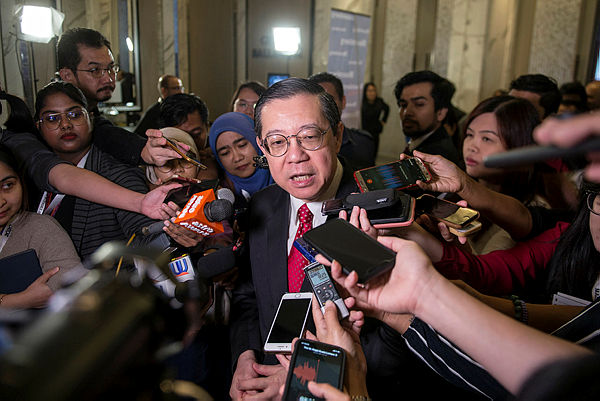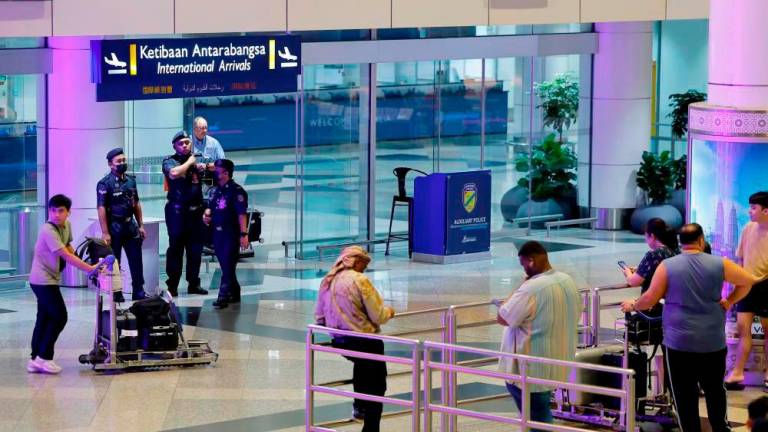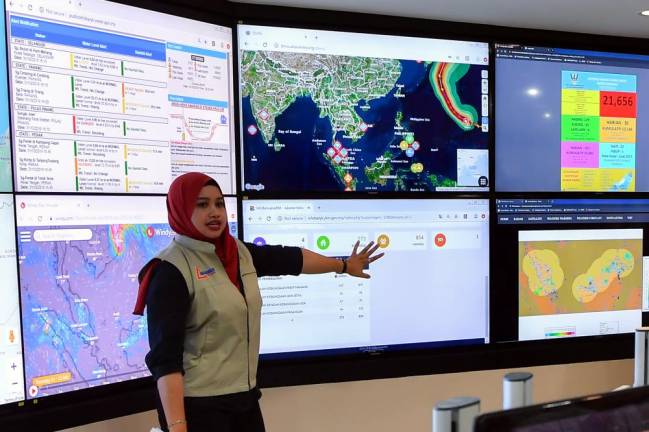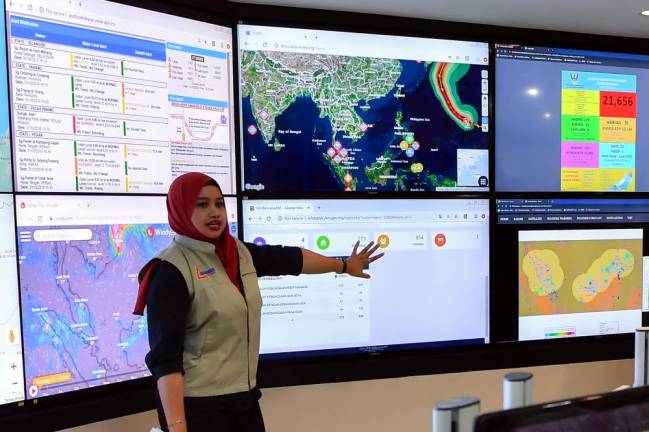KUALA LUMPUR: The government has designed a three-year financial roadmap to put Malaysia back on fiscal track and restore the country’s economic health despite entrenched uncertainties brought about by the US-China trade war which has permanently reoriented the global supply chain.
The government is on track to achieve the targeted deficit of 3.4% of gross domestic product (GDP) in 2019.
The fiscal target is revised to 3.2% of GDP in 2020 from 3.0% previously, but it remains on track to reach 2.8% in the medium term.
“The increase from 3.0% to 3.2% might not sound a lot, but remember – when it comes to spending, it is not only about how much is spent but also on what the spending is on,” Finance Minister Lim Guan Eng said in his speech at the 2020 Budget Forum, here today.
He said a lot of the measures in the budget will not only support growth in the short term, but also ferment the foundations necessary for Malaysia transform structurally into the decades ahead.
The measures are in line with the recently launched Shared Prosperity Vision 2030 which require the creation of prosperity before there is prosperity to be shared.
“Incentivising businesses and attracting foreign investment with incentives valued at RM10 billion over 10 years, together with the RM6.5 billion job creation programme which creates 350,000 jobs, will put Malaysians back to work and back in business.
“The 2020 Budget I tabled last week outlines the policy direction this government is taking. My message is simple: Malaysia is reindustrialising by digitalising our economy, by integrating with the global supply chain better and by incentivising honest work,” he said.
Lim noted that Malaysia needs more private investment in high-value areas that could unlock greater productivity growth.
He said this is precisely the rationale behind the first thrust of the Budget 2020, which is aimed at attracting high-quality multinational investment from global unicorns and Fortune 500 companies, with incentives valued at RM5 billion over five years.
These foreign direct investments can create 150,000 high-quality jobs, he said, adding that this will enrich Malaysia’s supply chain by making it more sophisticated in order to handle the production of high-value goods and services.
“Concurrently, we are upgrading Malaysia’s most promising companies to become regional and global champions in exports through incentives valued at RM5 billion over five years. These local companies are able to expand the export market can create 100,000 jobs locally,” he added. — Bernama















